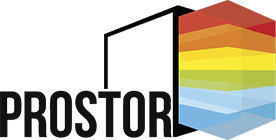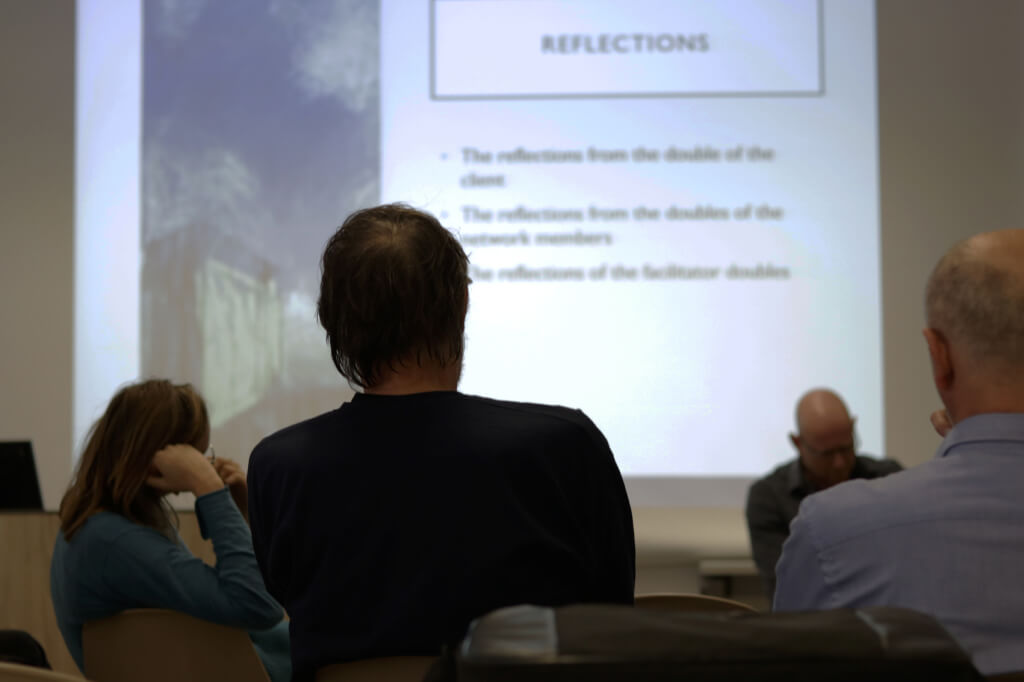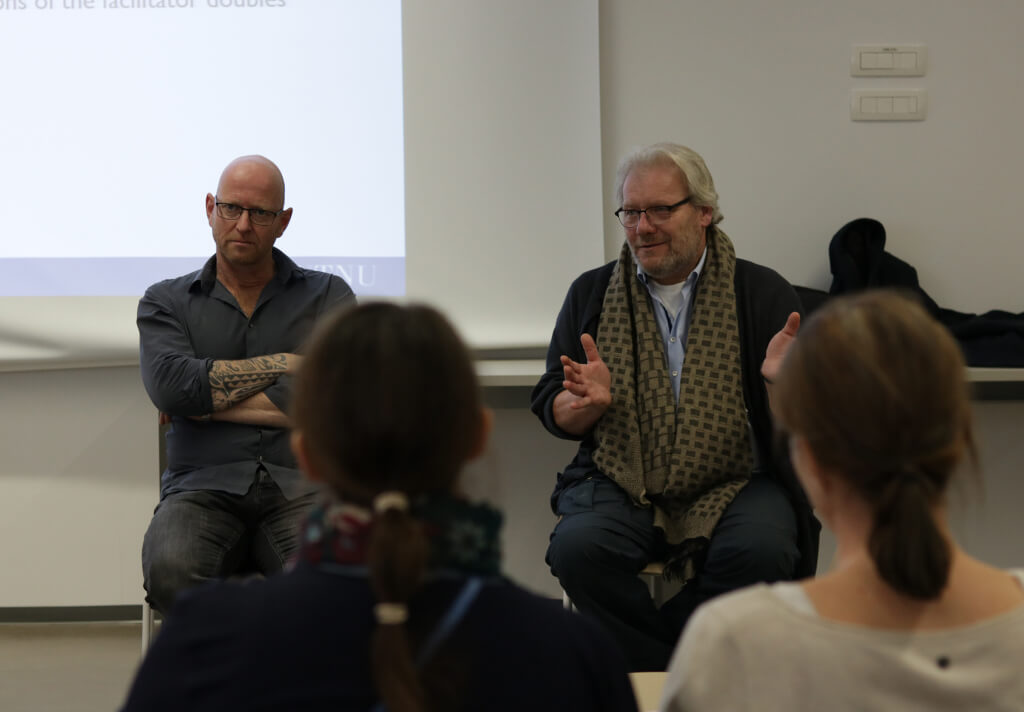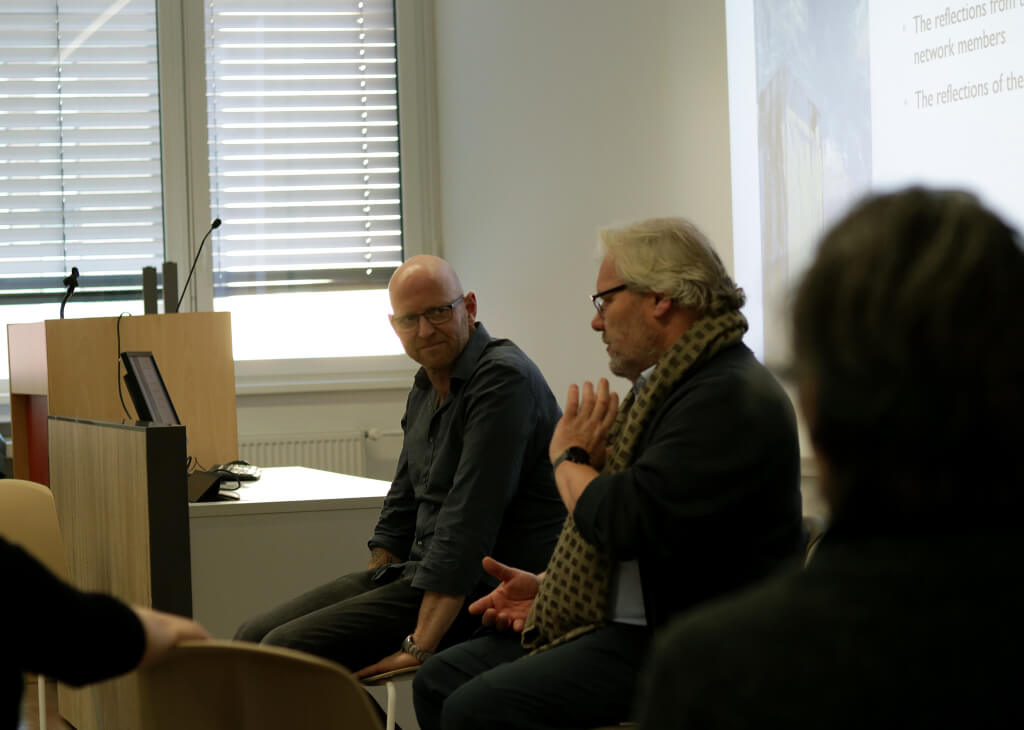The project “Community mental health practices in ex-Yugoslavia” is designed as a high quality regional educational program that aims at improving the existing Community Psychiatry practices in the region of ex-Yugoslavia.
Members of the West Balkan Hearing Voices Network- Dom Turnic from Croatia, Hearing Voices Association Slovenia, Tavan from Bosnia and Herzegovina and Prostor from Serbia are organizations and an institution active in the field of Community Mental Health in the region, driven by the same idea that people who live with a mental health problems are the best experts for their condition- so-called “experts by experience”, and are best suited to learn how to help themselves and how to support others in their recovery, with the support of professionals and volunteers.
Together, these organizations and an institution formed the West Balkan Network 4 years ago and since then they’ve been working on the improvement of the Mental Health System in the region, raising awareness on the subject of human rights and social status of psychiatric care users, implementing alternative practices through education and activism.
Each of these organizations/ institution developed a specific set of community services dedicated to people who live with psychiatric diagnoses, hear voices, have unusual beliefs, or other experiences considered to be out of the ordinary.
In the region of ex-Yugoslavia, mental health problems are rather common among citizens, especially considering the recent history and the traumatic experiences related to many years of violence, poverty and isolation. A part from these factors, there is a great stigma surrounding the issue of mental health. Only now days it became more common for people to ask for professional help regarding their psychological state. Decades after other parts of Europe, the governments of these countries are slowly working on the reform of the Mental Health System. In these countries the predominant psychiatric treatment is strictly medical with little or no psycho-social support.
After receiving the diagnoses, people are mostly rejected by their closest surrounding and by the society as a whole, and are being left completely in the mercy of the psychiatric system.
The lack of quality community services is mostly noticed once these people are being released from the hospital. In many cases, there is no adequate support, there is a lack of structured programs, almost no collaboration between official psychiatry, civil society, user led organizations and families and the governments.
Partner organizations from the region came to the idea to develop structured educational program tailored to fulfill the needs of each organization/ institution aiming at improving the existing practices in the field, raising them to a higher level.
The fifth partner in this project, “MET GGZ” from the Netherlands has the role of a tutor and supervisor in this project, and will ensure quality training is delivered in the region, implementing the good practice from this European country.
Being a Foundation with many years of experience and rather wide range of services, and operating in a human rights based context of Mental Health System where Community Psychiatry coexists with the official medical treatment, “MET GGZ” is a perfect partner for this project. The fact that “MET GGZ” contact person for this project- Dirk Corstens, community psychiatrist and vice chair of the Intervoice (International Hearing Voices Network) supported the establishment of the West Balkan Network 5 years ago, and since then follows the development of the services delivered by partner members, made the choice of this partner easier. The main goal of this project will be to improve the existing community services that are being delivered by partners from the region, strengthen the partnership and ensure quality exchange between psychiatric care users from the region and improvement of future educational programs.
Short courses will be organized in each ex-Yugoslavian country, “Outreach and grassroots Belgrade”, “Support for supported living Rijeka”, “Peer support school Ljubljana”, “Mediation for reintegration Sarajevo”, as well as 2 transnational and coordinator meetings and public educational events.
Main target groups are psychiatric care users, professionals and volunteers who deliver services in the community, supported housing assistants and users’ family members. Approximately 160 people will be directly involved in the project. A part from that, this project will aim at informing and educating professionals from the field of Mental Health, students, local government representatives and other citizens, raising awareness on the importance of the subject of mental health and the human rights of the people who suffer from them.
Dissemination activities will also aim at promoting Erasmus + program and support received by the European Commission and Tempus Foundation.




